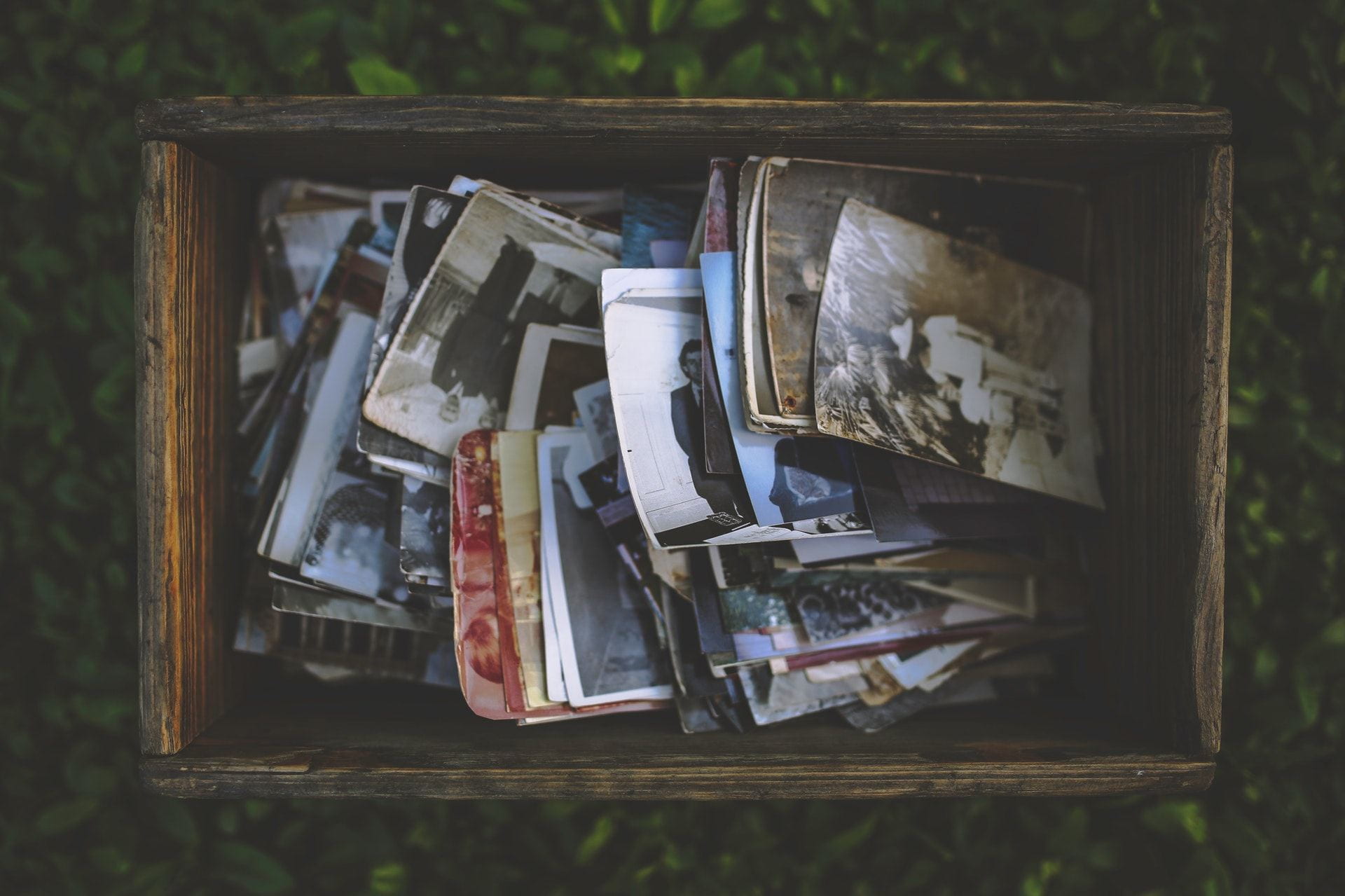Ever wanted to research your family history but not sure how to go about it? UNE historian Associate Professor Nathan Wise shares some tips here for getting started for #HistoryWeek19.
Why do you think so many people drawn to the challenge of researching their family history?
People have long had an interest in family history, but, for many people in the past, the research has been difficult and impractical. However, technological innovations over the past few decades, such as computers and the internet, have made the relevant information much more accessible. We can now do the vast bulk of our family history from the comfort of our own homes, and vast archival resources can be accessed at the click of a button.
What’s the best way to get started?
Anyone can get started with family history via a simple google search. You’ll most likely find Ancestry.com as one of your top results, and they’re a great resource for getting started. If you can visit your local library, the librarians and archivists are often a wealth of amazing knowledge, and they can get you started. Alternatively, contact a nearby family history and/or local history group, and get involved in local activities. Finally, of course, UNE has a great team of historians who are very happy to help get people on the right track!
What are your other top tips for getting it right?
Anyone can study their family history, but there’s a big gap between this initial research (such as using Google and Ancestry] and the more in-depth and scholarly research that we do at UNE. Throughout our history units we help students develop the skills to uncover and access valuable archival records, to interrogate and draw out the important details from those records, and to produce reliable family histories for a broader audience.
Are there any particular things people need to be careful about to ensure accuracy of their historical record?
It’s difficult to approach a historical record ‘cold’; scholarly historians will often spend some time getting to know their records and understanding their provenance and reliability (and that, in itself, involves digging deeper into the historical records). Instead of just reading the one relevant record, you may want to read across the records and appreciate their background and why they were created. There may well be inaccuracies, but this doesn’t mean you should discount the entire record, it simply means you need to work around the concerns.
What are the best resources to use?
This will vary depending on your family and their origins. Oral history is often a great starting point, and this can be as simple as talking to family members and inviting them to share stories. Beyond that, as noted earlier, a simple google search can uncover some great online resources. Within Australia, we have some great archival repositories such as the National Archives of Australia and the Australian War Memorial, but these can be complemented with local records in metropolitan State Libraries, or in local libraries, archives, historical societies (including local and family history groups) and regional archives, such as UNE & Regional Archives).
Do you think undertaking your own family research is a worthwhile exercise? Why?
Absolutely! Conducting family history is an immensely rewarding exercise. We can make some amazing discoveries about where our ancestors came from, what they did, and what kind of lives they led. For some researchers, these are entertaining histories that they can share with their family, or publish for a broader audience, but for many researchers, their findings help them understand who they are.
Find out more about UNE’s Local, Family & Applied History courses.



Recent Comments